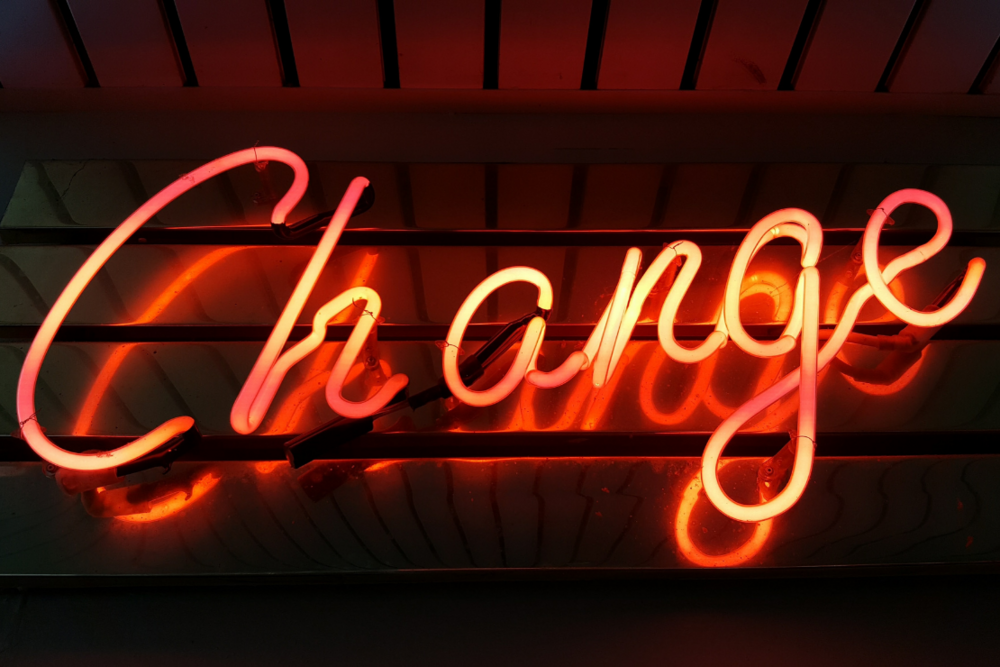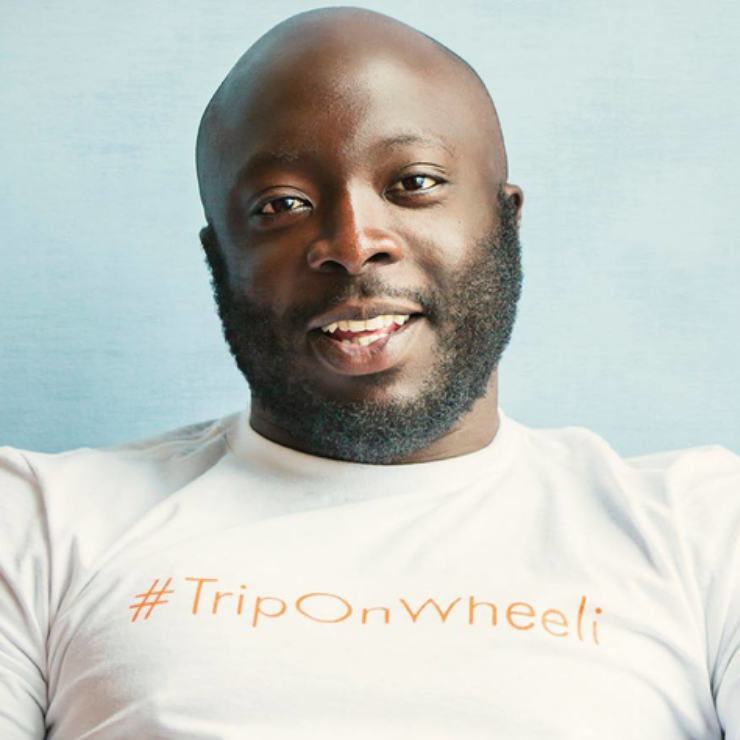Diversity In Tech? We Are Past the Time of Asking For Change; We Have the Capacity to Force Change
Feb 16, 2021

By Jean-Pierre Adéchi, serial entrepreneur and veteran founder
This article is the second in a two-part series by Jean-Pierre Adéchi about raising capital as a Black founder in a homogenous venture funding ecosystem. Read the first article here: Why Do White Men Raise More VC Dollars Than Anyone Else?
America’s False Narrative
Politics, media, news platforms, and social media promote a false narrative that you succeed on your own or fail because you did something wrong.
Founders wrongly associate their personal performance with their failure to fundraise: they see their inability to raise funds as a reflection of their competence.
But fundraising isn’t a merit based exercise: behind the scenes there are a lot of network components at play, like backchannel vouching and social validation. Getting a person or an institution to invest in you is a function of trust. There are different metrics used by individuals and institutions to build trust. It is a false assumption to think that the business metrics are always the most important: political capital, social capital, professional networks, personal networks, and more are all at play, not to mention conscious or unconscious bias.
Build a Sustainable Businesses
According to a 2019 Crunchbase report, If you’re a woman founder, a Black founder, or a Latino founder then you are wildly unlikely to raise VC dollars:
Women founders raise less than 10% of VC dollars
Latino founders raise less than 2% of VC dollars
Black founders raise less than 1% of VC dollars
Instead of obsessing over raising capital, founders should focus on getting enough paying customers to sustain their minimal viable product and the salaries of a small team. If you can generate enough revenue to sustain your company, you turn fundraising into an option rather than a necessity.
Many brilliant founders build good startups with the expectation that venture capital will subsidize their progression from one milestone to the next. Unfortunately, if they fail to convince a VC to subsidize, through an investment, the startup’s evolution to the next business milestone, then the startup ends up closing shop or doing a fire sale not because they aren’t growing — not because they aren’t solving a problem and not because customers aren’t willing to pay for their market solution, but rather because their operating costs are greater than the revenue they generate. This happens too often and unnecessarily, even to companies from big name accelerators like Y Combinator and Techstars.
Building a sustainable business allows your customers to dictate your fate, not a venture capital group. In other words, you can still go out and fundraise, but failing to raise doesn’t mean the end of your company.
Change the Power Dynamic
The media, VCs, and even other founders sell a romantic narrative around fundraising. But they rarely speak about the reality of the time you waste in the process, not having leverage in negotiations, getting horrible terms, etc. You sign bad term sheets when you don’t have leverage, you don’t have leverage when you can’t afford to walk away from the money, you can’t afford to walk away from the money when you’re not generating enough revenue from your customers to cover your operating expenses.
Having fundraising as an option and not a necessity is the best way to successfully fundraise: it’s better to fundraise when you don’t need the money. How come? People tend to want what they can’t have; VCs are no different. Putting your company in a position where you don’t need the funding allows you to change the power dynamic so that you can assess the funding opportunities knocking at your door. I’ve seen several founders execute this successfully.
Regain Your Independence
Fundraising is like asking for permission. When I launched my first company, Touche de Finesse, at 19, I did it to pay for my undergrad studies. I didn’t ask anyone for permission, I went and built a business and ultimately the market demand and our ability to provide a high quality service was the decider of my fate.
When building my most recent startup Wheeli, when I was fundraising (which I spent way too much time doing!), I approached angels, VCs, and family offices looking to convince them of the worthiness of the business opportunity: a few believed and invested, the majority passed. Ultimately, their opinion and decision to invest or not only mattered because we structured our venture in such a way that we needed their capital to move forward. However, their opinion mattered less than the client for whom we built the service. You can successfully raise capital and not have paying clients but you can’t successfully build a business without paying clients.
Drive Diversity in Entrepreneurship By Creating Incentive Structures for Behavioral Change
VCs are not in the business of social good, they are in the business of making money. When you build a sustainable business, then you make fundraising an option and not a necessity. Having fundraising as an option allows you to change the power dynamic. When you don’t need the money to survive then you can walk away from a bad term sheet. Additionally, you can leverage your due diligence to evaluate which firms have women partners (more than the symbolic one female partner!), Black LPs, and Latino founders in their portfolio, and choose whose money you take based on whether that VC firm reflects your expectations around diversity.
When VCs start to lose money because they’re losing out on deals because of the lack of diversity in their organization, then they will correct their behavior because there will be a clear financial incentive to do so.
Why Is It On Us, the Entrepreneurs, To Drive Change?
Entrepreneurs have to lead the charge when it comes to implementing change. This is not a chicken and egg situation. This entire ecosystem starts with the entrepreneurs. It’s on us as founders to change the way we build businesses in order for us to change the power dynamic, regain our independence, and bring about the change that we would like to see.
Entrepreneurs have what it takes to accomplish this: we’re a special group of people. We’re the ones that spend hours thinking of the world, not as it is, but as we would like it to be. We then translate our thoughts into action, and our actions bring to life a new reality.
This is no different: we have to be the vehicles for the diversity we seek to see in the tech industry.
About the Author

Jean-Pierre Adéchi
Jean-Pierre is a serial entrepreneur and veteran founder. He launched his first business at only 19 and his second at 22. His company Wheeli completed the Techstars Mobility Accelerator in 2017. Learn more at www.jpadechi.com.
